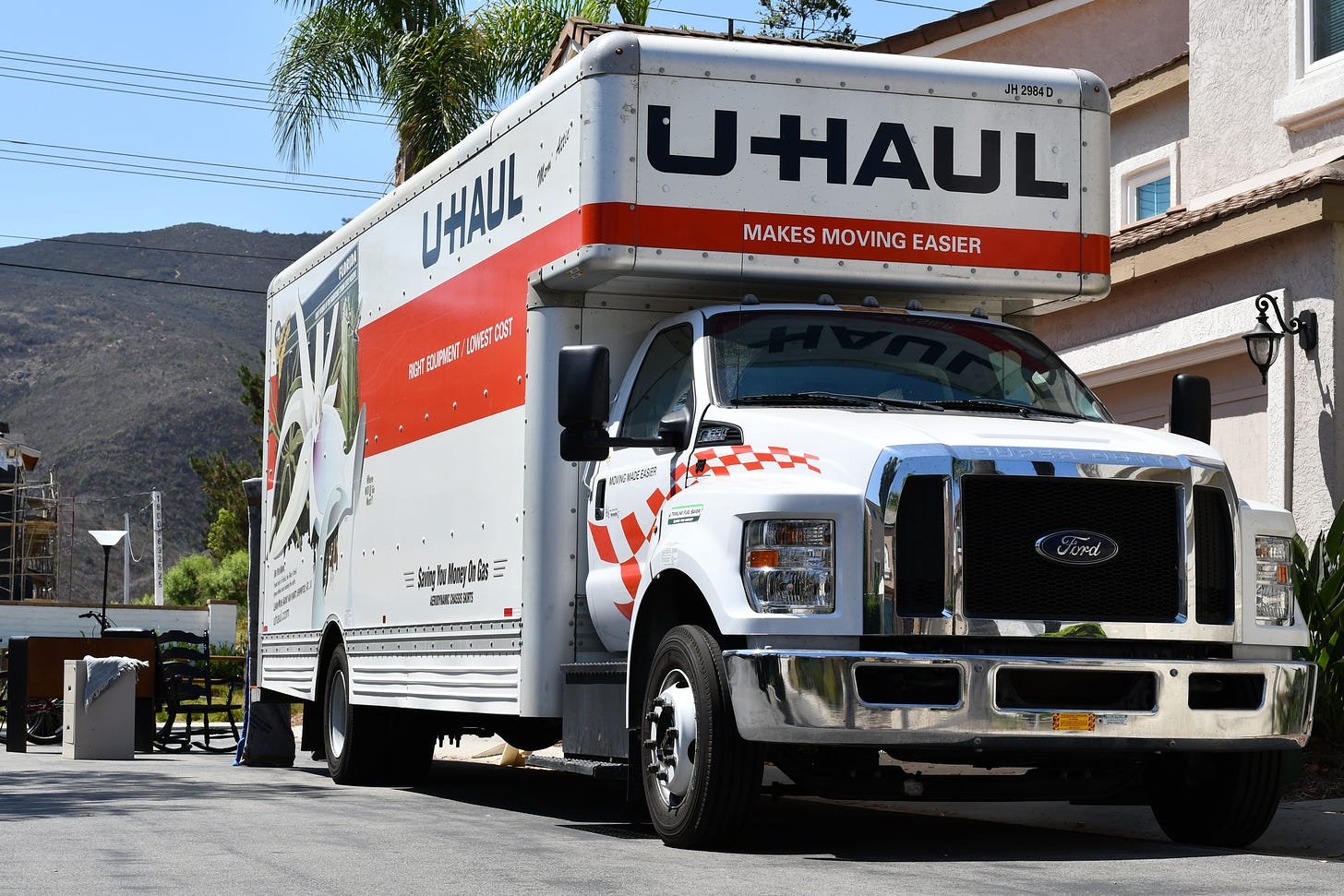This past spring marked my eighth move in 11 years of military service. My family stayed behind in Georgia, awaiting my wife’s orders to Maryland. At the same time, I loaded half our household goods into a trailer and drove to Virginia to stay with a friend. I was fortunate enough to store everything in my friend’s garage and began frantically searching for a house my wife would approve of. Given the high interest rates of the market and the very low inventory of homes, my work was cut out for me. Weekdays were consumed by commutes from Virginia to Maryland for work and house-hunting trips across Maryland. Weekends meant attending open houses and submitting offers, often well over the asking price, only to fall short. After weeks of persistence and hours on FaceTime with my wife, I finally managed to secure a home for my family.
For some, the prospect of moving is an exciting chance to explore new places and find greener pastures and opportunities. In my earlier years, I embraced these changes as opportunities for growth, ways to build community, and chances to step outside my comfort zone. I even preached this optimism to my wife, often failing to acknowledge the stress and inconvenience she felt due to the often poorly timed, inconvenient situation we found ourselves in due to the “needs of the service.”
But this time, I’ve felt more acutely aware of the quiet toll these moves take. When people think of military service, they often imagine deployments, battlefield wounds, or post-traumatic stress. These sacrifices are tangible and dramatic, which many expect when we enlist. We lean into these things, though; it’s what we signed up for. I remember being a young Senior Airman hounding my leadership for the opportunity to deploy. There was nothing I wanted more than to fight the war on terror and defend the freedoms I believe everyone deserves. Like a firefighter running into a burning building or a doctor rushing into surgery, we sign up knowing the risks and anticipating the work.
Yet, some sacrifices receive far less attention. They don’t involve life-threatening danger but are pervasive and uniquely challenging for service members.
It’s the loss of community with every move. The strain of making new friends, finding a daycare, locating a new church, or even discovering the best coffee spot in town. It’s the emotional toll of saying goodbye to familiar faces and starting over again. It’s the untimely need to sell one home and buy another, often under less-than-ideal circumstances. And perhaps most poignantly, it’s the moments missed with my family: bedtime stories, Saturday morning breakfasts, and holidays spent apart. These are sacrifices that, while not life-threatening, cut deeply into the fabric of what it means to be present for your loved ones.
There are only so many nights that my children will ask me to tuck them in and kiss them goodnight. Eventually, they won’t need my comfort in the same way. These fleeting moments are irretrievable.
Even the simplest tasks can feel insurmountable when you’re new somewhere. Imagine finding a gently used couch online, knowing you’ll have to move it by yourself because you haven’t had the chance to make local friends yet. Starting a new job may also mean taking on the all-too-common curse of shift work that is so common in the service. Which, I might add, disregards shift work's well-documented negative impacts on health and well-being.
Resilience is the key to all this. But resilience isn’t just about pushing through; it’s about finding ways to build and maintain a sense of community wherever you go. It’s about leaning on others when you need help and offering help when possible. It’s about embracing the challenge of rebuilding—not because it’s easy, but because it’s necessary.
For those outside the military, it’s essential to recognize these quieter sacrifices. Offering a helping hand to someone new to your area, extending an invitation to dinner, or simply being a listening ear can make an enormous difference. For those within the military, let’s acknowledge the weight of these struggles and extend grace to ourselves and others. Whether it’s offering support or asking for it, building connections is how we make each new place feel like home—one step, one day, one conversation at a time.
2nd Lt Gabriel Mahr has supported thousands of combat operations against terrorists and near-peer adversaries for eleven years. He also served as GCV’s executive assistant and lived to tell about it.



